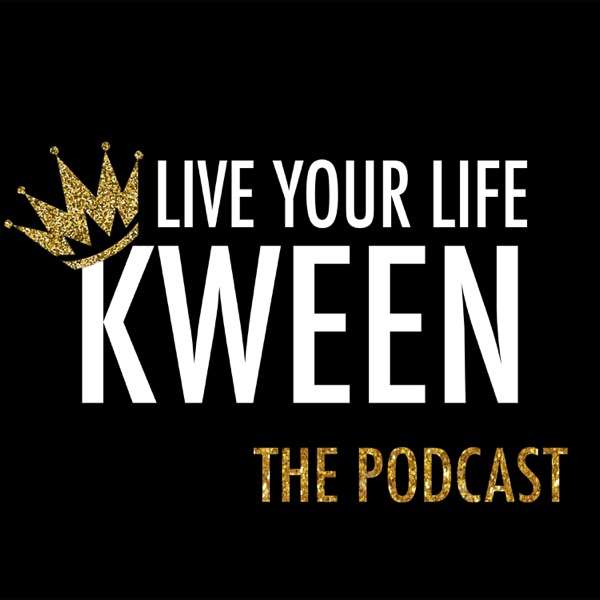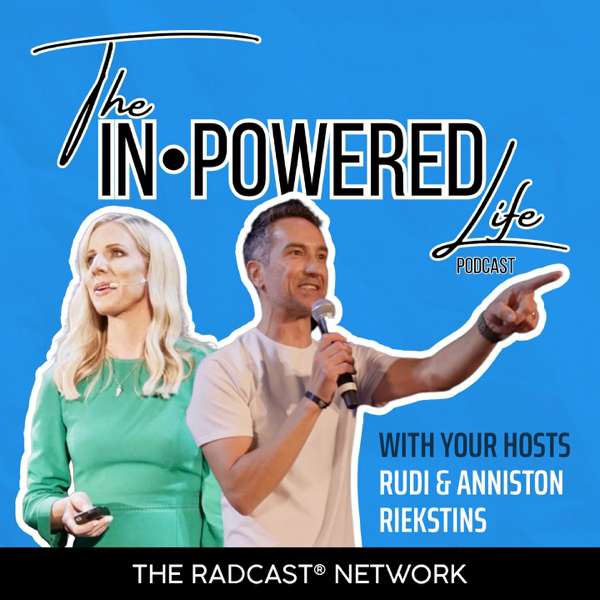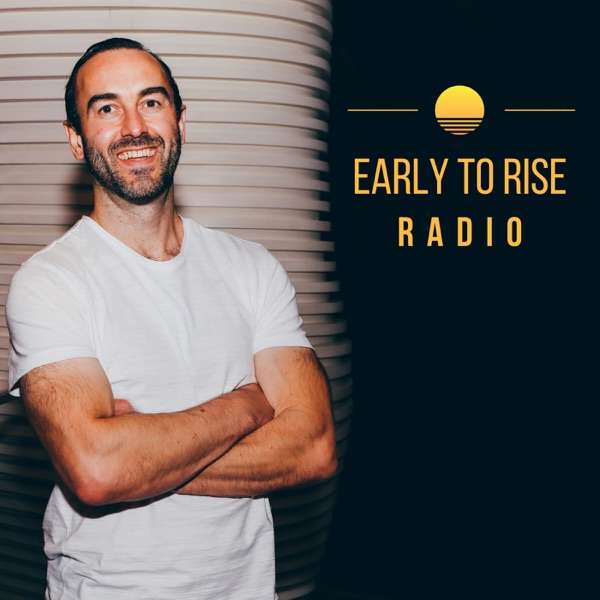For other podcast summaries, search 'podcast summaries' in any podcast apps.
Or if you're on Apple Podcasts: http://bit.ly/5-min-summaries
Original episode: https://podcasts.apple.com/us/podcast/made-of-honor/id1028908750?i=1000514923012
"In smaller communities, everyone knows your name, but everyone also knows your shame."
Key ideas in this episode: What honour culture is, how smaller communities aren't always safer & how honour leads to polarization
Who is Ryan Brown?
- Managing Director for Measurement at Rice, which focuses on helping people use the right data to answer the right questions.
- Previously a professor of social psychology at The University of Oklahoma, where he taught and conducted research on how people think, feel, and behave.
Idea 1 @ 9mins:
- Honour cultures are societies that put the defense of reputation at the centre of social life, and make that defense one of their highest priorities. It's when a person feels obliged to protect his or her reputation by answering insults, and threats, oftentimes through the use of violence, because if you ever back down, you'll be known as the kind of person that can be taken advantage of. Everyone cares about their reputation to some degree, but honour cultures dial this up, to the extreme. For Ryan, you want to have some characteristics of honour culture where you're loyal and take care of those around you, but you also don't want to define your worth by living up to the standards of being tough and brave.
Idea 2 @ 10mins:
- Smaller communities aren't always safer than larger communities. Often smaller communities are viewed to be more tight knit and safe, because everyone knows each other. But at the same time, it can be harder & less forgiving, because of the same reason, that everyone knows each other. When you have some form of public humiliation, it can be hard to do anything about if you're in a rural town or village, if you're in a larger community, you can often adjust by meeting different people.
Idea 3 @ 45mins:
- In politics, but also in many things in general, we often take a side. And once we've taken a side, there's a tendency to demonize the other side. They're the bad guys, they're the enemy. If you combine that sort of thinking with the beliefs and values associate with honour culture, that becomes an extra bad combination. Because we get honour to an extent, by winning and defeating them, and that becomes our motive as opposed to a mutually positive sum relationship with others.
1 question:
Can you think of something you did because of honour?
Other topics:
- The relationship between honour culture and military valor.
- Real life examples of the different levels of honour culture across cultures.
- How honour culture has an impact on suicide rates and crimes.

 Our TOPPODCAST Picks
Our TOPPODCAST Picks  Stay Connected
Stay Connected







